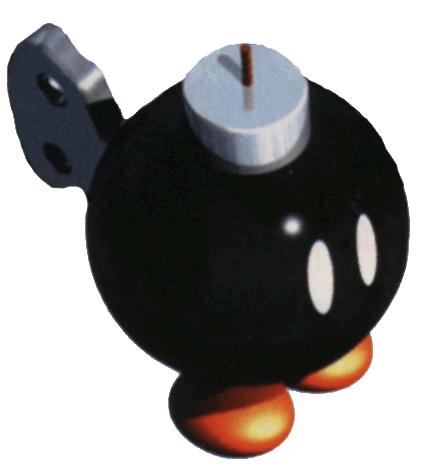

A few innings later, the same guy comes up again and hits another home run off the grocery building beyond left field. He said, “You know, the sign of a good pitcher is one who gives up a home run and strikes the next guy out.” I accepted that. I was very agitated, aggravated and frustrated walking off the mound, and Joe Maddon could clearly see that. “I gave up this home run with two outs in an inning, then struck the next guy out. Interestingly enough, my first manager was Joe Maddon. I was in the Northwest League, playing in Salem, where we had our short-season club, and the game was in Bend, Oregon. I surrendered two home runs in the same game.
#Bob kipper professional#
“In my first outing of professional baseball, I experienced something I had never experienced before-not in Little League, high school, or anywhere. You’re in your comfort zone, in a relatively small town with people who are familiar to you, and now you’re a 17-year-old kid embarking on an opportunity to play in the big leagues.
#Bob kipper how to#
I realized very quickly that I was going to have to grow up quickly, and not only be independent, but learn how to coexist with other people, which is something I wasn’t challenged to do as a kid growing up in Aurora, Illinois. “When we got off the plane, we headed to the Cal State Fullerton campus, and when I got there I remember that it was one of the loneliest feelings in the world. We finally made it, I got checked in, and I raced to the gate and got on the plane.


I remember that I was late getting to the airport, because we were fighting traffic the entire way, trying to get into O’Hare airport in Chicago. I got on that plane with two other guys who were drafted that year, and interestingly enough, one of them was Mike Rizzo, who is now the general manager of the Washington Nationals. A day or two later I jumped on a plane to Southern California. Having grown up as one of six kids in a family living on a seven-acre farm in rural Illinois, we were all pretty excited, and I’ll always remember the excitement leading up to the actual day that I signed. “The first day of the June draft I got a call from Larry Himes, the director of scouting for the California Angels, informing me that I was their first pick. That was kind of shocking to me, but also very exciting. I was projected to go high in the draft, with some sources saying it could be between the first and the fifth pick. How high I’d go in the draft would hinge on well I did as a senior, and I ended up having a really impressive year. “Going into my senior year of high school, I knew that there was a really good chance that, barring injury, I’d get an opportunity to get drafted and play professional baseball. While I certainly didn’t know that I’d play in the big leagues someday, it was certainly a dream of mine. In high school, I was able to pitch at the varsity level as a freshman and dominate. I was one of those guys that always pitched successfully against older kids. And I realized at a very young age that I had a special skill to play the game. Of course, at age five no one ever knows what their life is going to be like, but I always had a true love, and a true passion, for baseball. To start with, since I was a young kid, probably dating back to the age of five, my boyhood dream had been to play baseball in the major leagues. “For me, getting drafted was extremely exciting. Kipper told the story of his journey to the big leagues, his two tumultuous appearances as an Angel, and his time in Pittsburgh prior to a late-season game at Portland’s Hadlock Field. He has been a pitching coach in the Red Sox organization since 1999, and he spent the 2010 season mentoring hurlers in Double-A Portland. Taken eighth overall in the 1982 draft by the California Angels, Kipper was traded to Pittsburgh three years later and logged the bulk of his 247 career appearances with the Pirates. The 46-year-old erstwhile left-hander spent eight seasons in the big leagues, and while his record was humble-27-37 with a 4.34 ERA and 11 saves-he considers himself privileged to have simply earned the opportunity. Before he became a highly-regarded minor-league pitching coach, Bob Kipper lived the dream that he now helps others pursue.


 0 kommentar(er)
0 kommentar(er)
